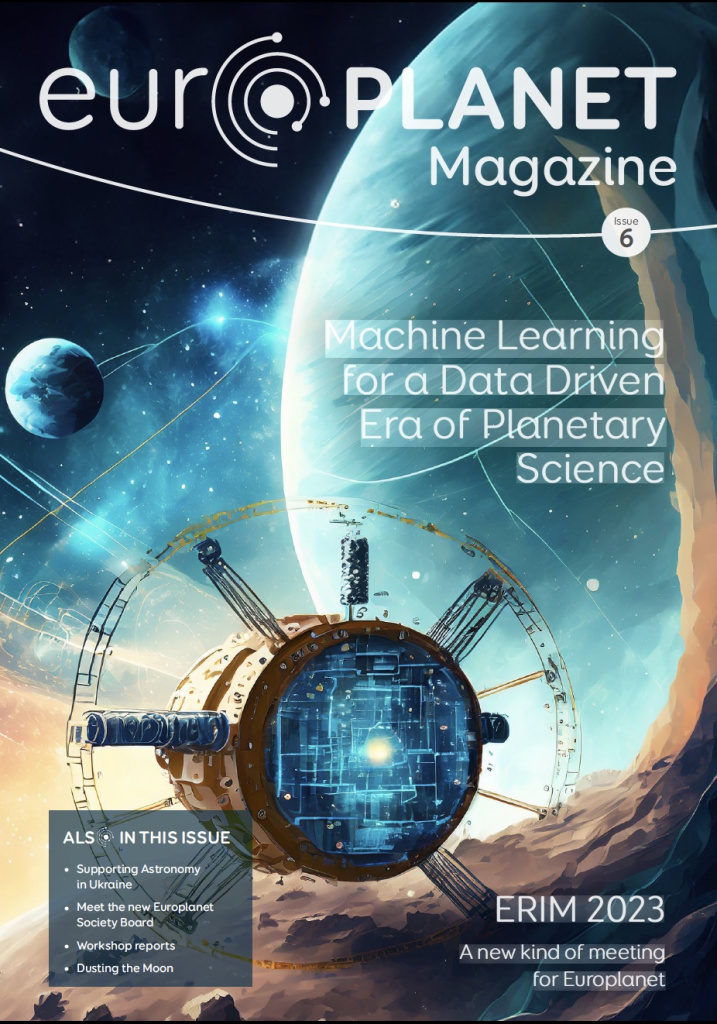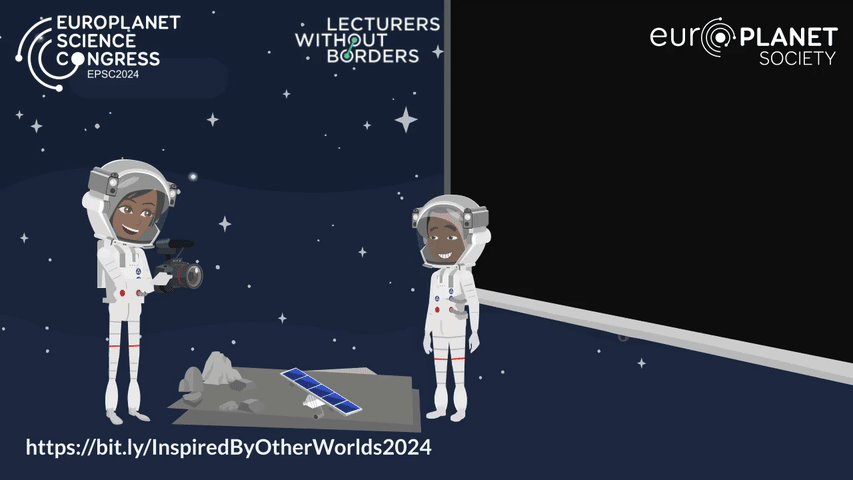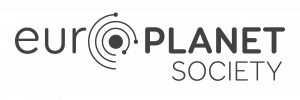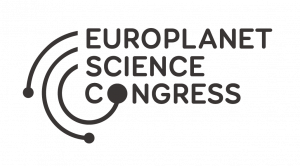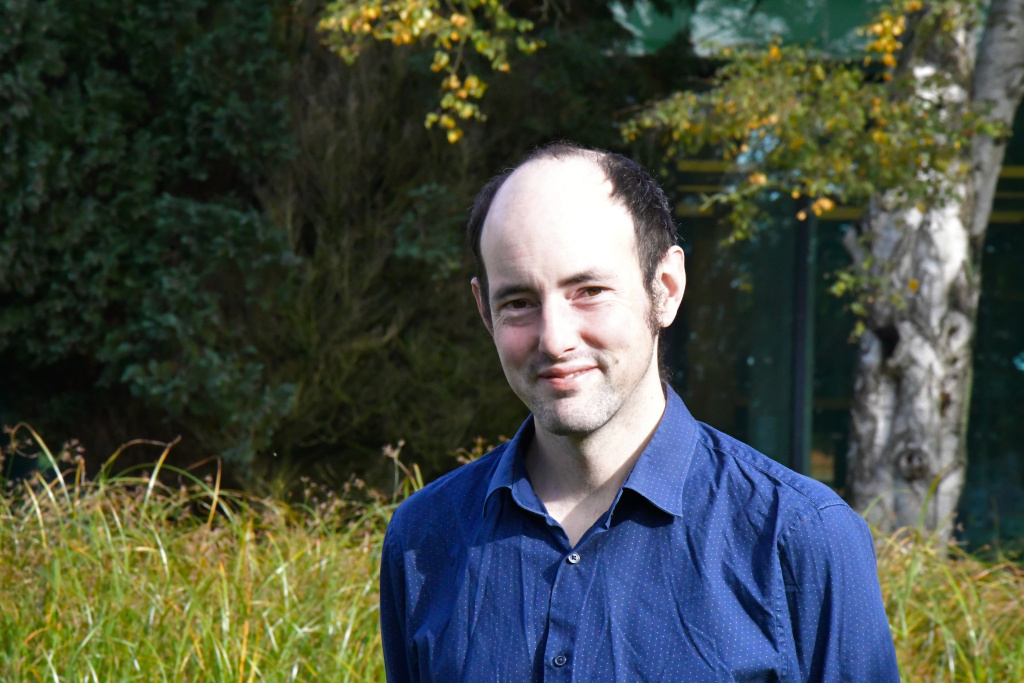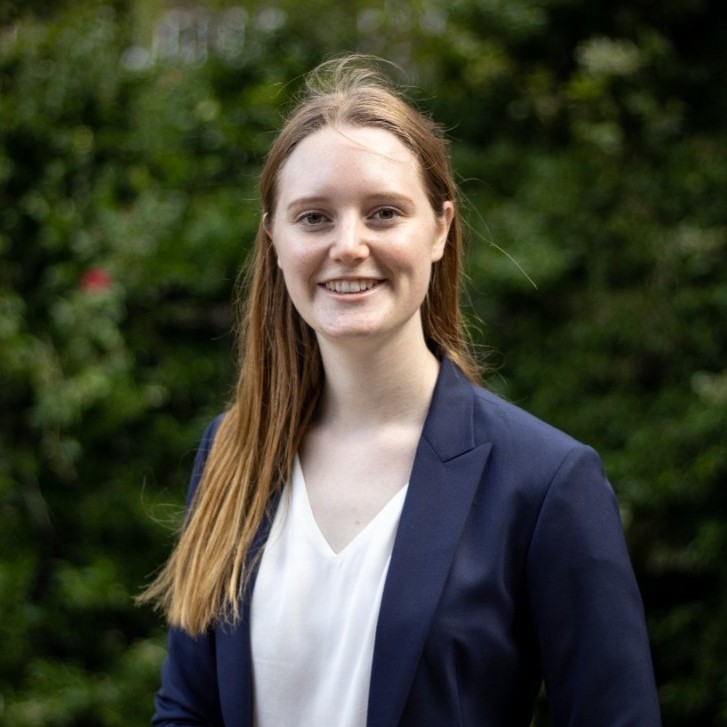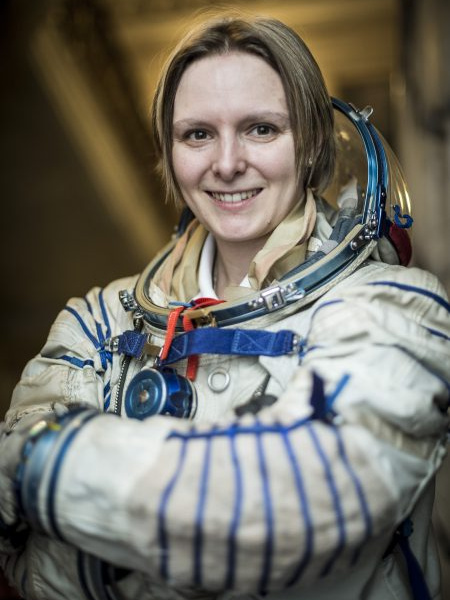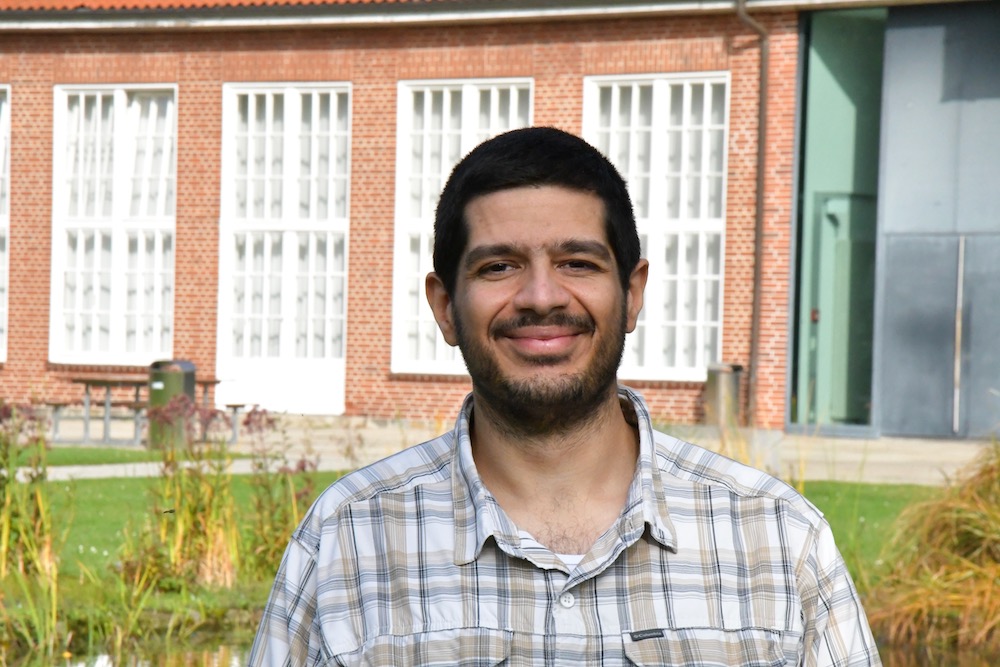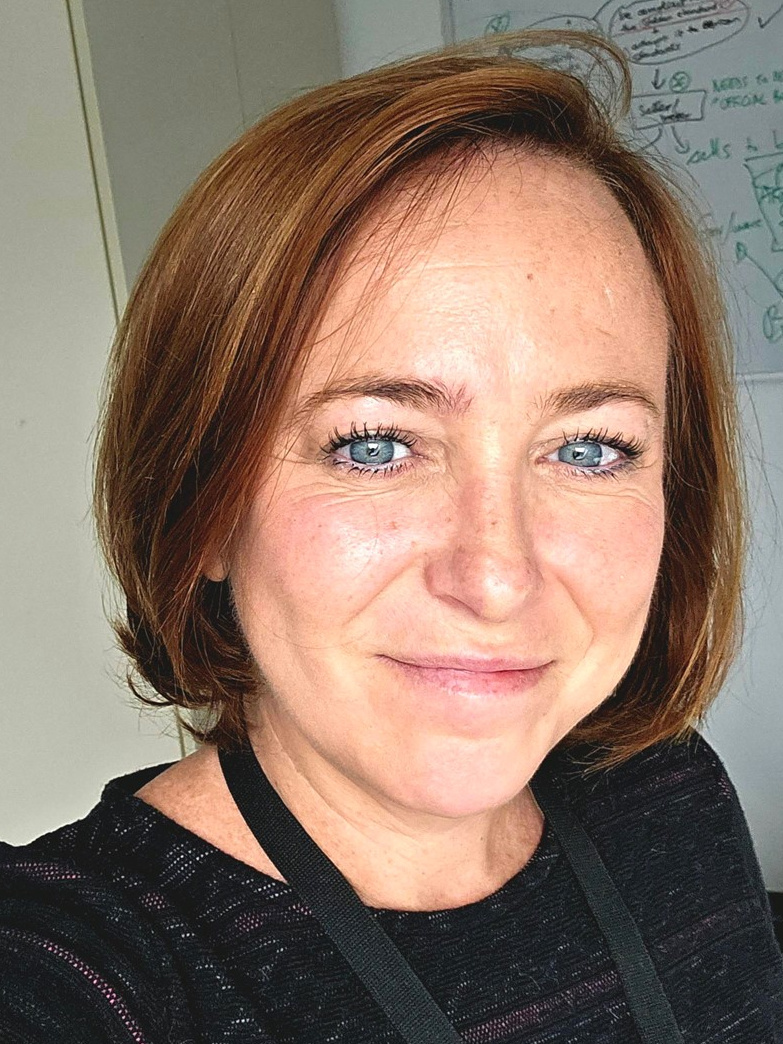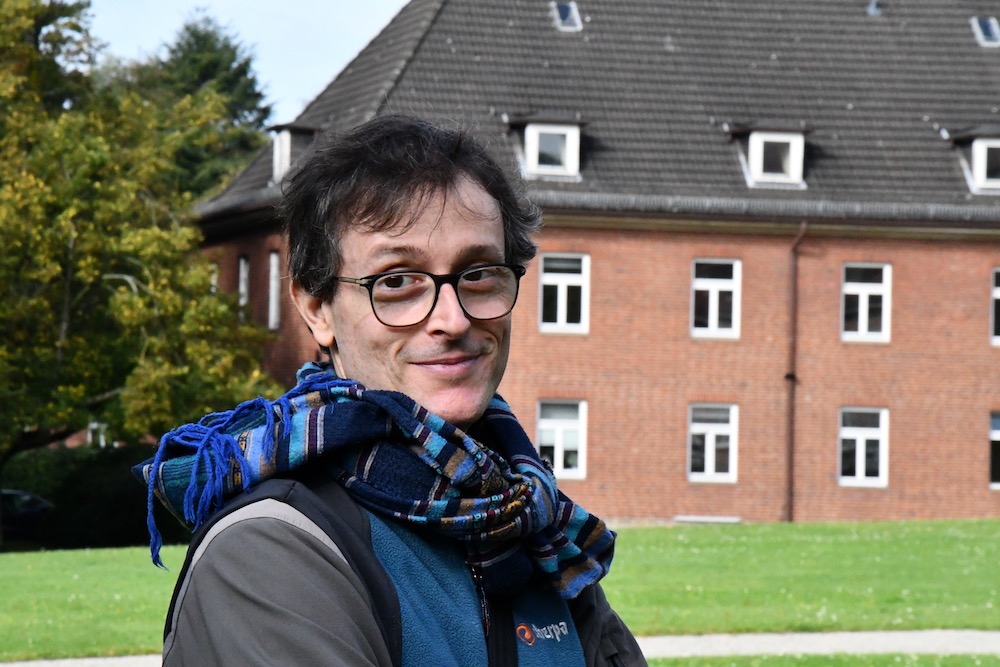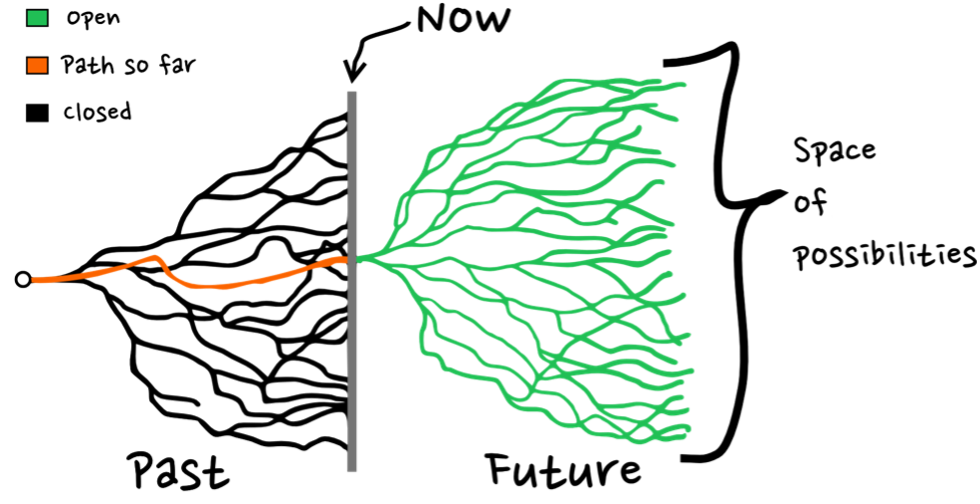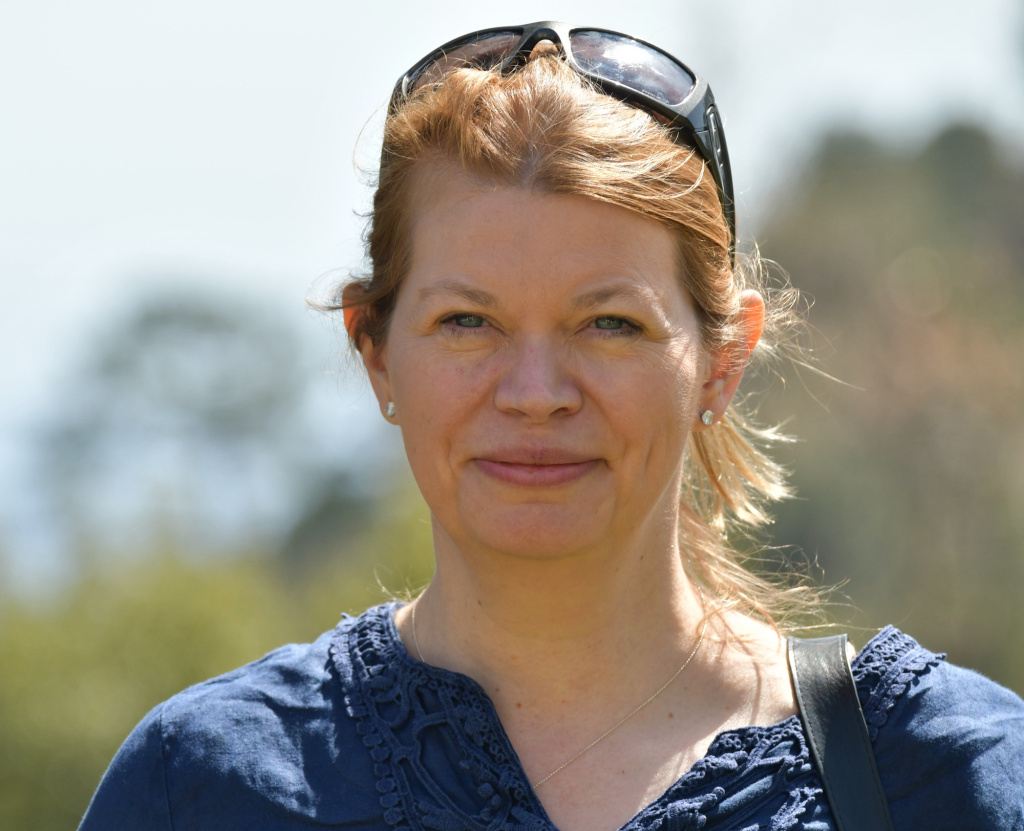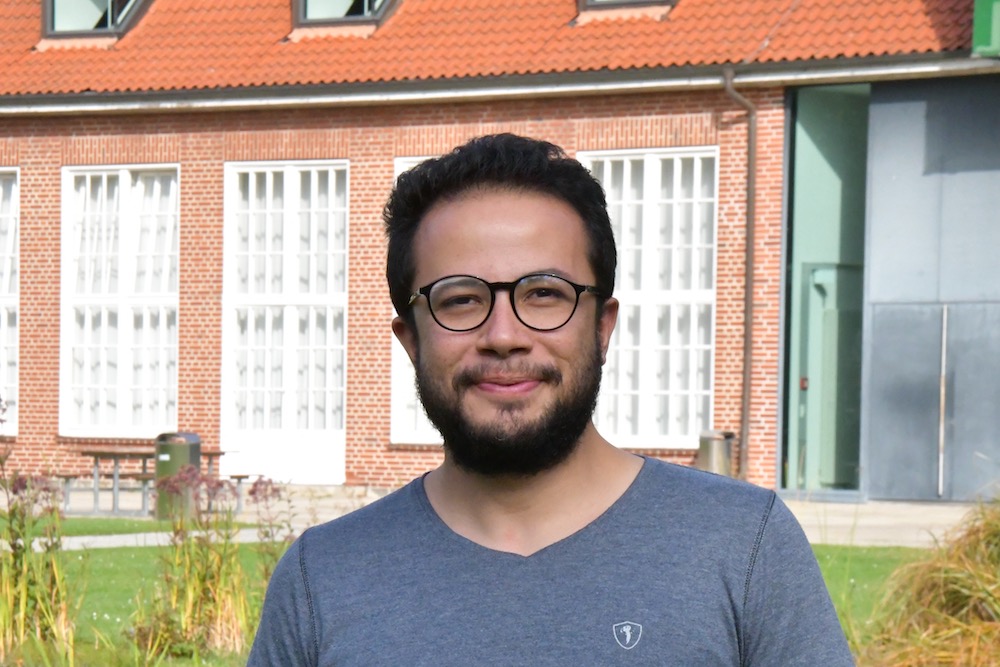7. pH-Wert des Mars
In dieser Lektion befassen wir uns mit dem pH-Wert bestimmter Umgebungen auf dem Mars und damit, wie sich dies auf seine potenzielle Bewohnbarkeit auswirken kann.
Zur Erinnerung: Lehrernotizen, Präsentationen und alle Inhalte können zur Anpassung und Verwendung in Ihrem Klassenzimmer heruntergeladen werden. Vergessen Sie nur nicht, uns als Quelle anzugeben (siehe “Nutzung der Ressourcen”).
Übersicht
Altersgruppe:
10-14
Benötigte Ausrüstung:
- Computer
- Projektor
Zeit der Lektion:
45 Minuten (einschließlich 1 Video)
Behandelte Themen:
- Chemie (pH)
- Biologie (Leben in Extremen)
- Astronomie (Mars-Oberflächenbedingungen).
Lernergebnisse:
Gliederung der Aktivität: Verstehen, wie der pH-Wert des Mars die Bewohnbarkeit des Roten Planeten beeinflussen kann.
Nach Abschluss dieser Aktivität können die SchülerInnen:
- Verstehen der pH-Skala.
- Beschreiben Sie, wie Faktoren auf dem Mars den pH-Wert beeinflussen können.
- Diskutieren Sie, wie der pH-Wert die Bewohnbarkeit beeinflusst.
Hintergrundmaterial:
Was ist der pH-Wert?
Aber bevor wir auf die Auswirkungen des pH-Werts eingehen, kann uns jemand erklären, was mit pH-Wert gemeint ist?
(Antworten nehmen)Mit dem pH-Wert messen wir den Säuregrad und die Alkalität. Basen und Säuren werden als chemische Gegensätze betrachtet, da die Wirkung einer Säure darin besteht, die Hydroniumkonzentration (H O3+ ) im Wasser zu erhöhen, während Basen diese Konzentration verringern. Eine Reaktion zwischen wässrigen Lösungen einer Säure und einer Base wird als Neutralisation bezeichnet, wobei eine Lösung aus Wasser und einem Salz entsteht, in der sich das Salz in seine einzelnen Ionen aufspaltet. Wenn die wässrige Lösung mit einem bestimmten gelösten Salz gesättigt ist, fällt jedes weitere Salz aus der Lösung aus.
pH-Skala
Der pH-Wert wird in der Regel anhand der pH-Skala gemessen. Verbindungen mit niedrigem pH-Wert sind sauer, was von einer starken Säure bei pH 1 bis zu einer schwachen Säure bei pH 6 reicht. pH 7 gilt als neutral und ein pH-Wert darüber ist basisch, von pH 8 bis 14.
Diskutieren Sie, wie Ihrer Meinung nach der pH-Wert auf dem Mars sein könnte?
Jetzt, da Sie einige Hintergrundinformationen haben, was würden Sie erwarten, dass der durchschnittliche pH-Wert auf dem Mars ist?
(Antworten nehmen)
Wie können wir den pH-Wert feststellen?
Um dies zu wissen, müssen wir zunächst in der Lage sein, den pH-Wert zu bestimmen. Wie können wir das tun?
(Antworten nehmen)
pH-Skalen sind oft farbig. Dies ist auf die übliche Verwendung einer Lösung zurückzuführen, die Universalindikator genannt wird und zur Anzeige des pH-Werts ihre Farbe ändert. Bei Anwesenheit einer Säure färbt er sich rot, bei neutralem pH-Wert wird die Lösung grün und bei Anwesenheit einer Base tiefblau/violett. Es gibt jedoch auch andere Indikatoren wie Phenolphthalein, das sich in Gegenwart einer Base rosa färbt und bei einer Säure keine Farbänderung zeigt. pH-Indikatoren finden sich sogar häufig in der Küche – wie der Saft eines Rotkohls, der sich in Gegenwart einer Base blau-grün und bei einer Säure rosa färbt.
Video: Erkennung des pH-Wertes
Hier haben wir ein Video, das den Farbwechsel einer Lösung bei Verwendung eines Universalindikators zeigt:
Hintergrundinformationen zum Video: In diesem Video wird eine Lösung von schwach konzentriertem Natriumhydroxid (NaOH) gezeigt. Universalindikatorlösung wird hinzugefügt, die die Lösung violett färbt. Anschließend wird eine 5%ige Essigsäurelösung in Form von handelsüblichem weißem Kochessig zugegeben. Die Lösung mit dem Universalindikator färbt sich rot.
Was ist passiert? Warum?
Bitte diskutieren Sie in Gruppen, was Sie in diesem Video beobachtet haben. Warum, glaubt ihr, ist das passiert?
(Zeit für Gruppendiskussion einplanen)
(Antworten nehmen)
Rio Tinto Fluss
Es gibt auf der Erde Gebiete mit extremen pH-Werten. Ein solcher Ort ist der Fluss Rio Tinto in Spanien. Der pH-Wert des Rio Tinto erreicht in einigen Bereichen des Flusses einen Wert von bis zu 2,3, was zeigt, dass diese Umgebung sehr sauer ist. Dieser niedrige pH-Wert wird durch Wechselwirkungen zwischen Gestein und Mikroorganismen im Fluss verursacht, die als Gesteins-Wasser-Biologie-Wechselwirkungen bekannt sind. Dies führt dazu, dass große Mengen an Verbindungen wie Schwefelsäure, Sulfate und Eisen(III)-Eisen im Flusswasser vorhanden sind. Letzteres verleiht dem Rio Tinto seine charakteristische rote Färbung.
In dieser extremen Umgebung wurden sowohl eukaryotische als auch prokaryotische Organismen beobachtet, die unter den sauren Bedingungen gedeihen. Daher ist der Rio Tinto ein analoges Planetenfeld, das uns Aufschluss über die Aussichten auf Leben in extremen Umgebungen anderswo im Sonnensystem geben kann.
Wie wirkt sich CO2 auf den pH-Wert aus?
Zurück zum Mars: Die Marsatmosphäre besteht hauptsächlich aus Kohlendioxid, und an den Polen des Mars gibt es große Ablagerungen von festem Kohlendioxid.
Welche Auswirkung hat Kohlendioxid Ihrer Meinung nach auf den pH-Wert? Bitte diskutieren Sie in Gruppen.
(Zeit für Gruppendiskussion einplanen)
(Antworten nehmen)
Wenn Kohlendioxid in Wasser gelöst wird, entsteht Kohlensäure, die den pH-Wert auf dem Mars senkt. Kohlensäure ist etwas, dem viele Menschen täglich in Form von kohlensäurehaltigen Getränken begegnen. Wenn Sie jemals einen merkwürdigen Nachgeschmack in kohlensäurehaltigem Wasser bemerkt haben, ist dies auf das Vorhandensein von Kohlensäure zurückzuführen. Einer der Gründe, warum bei der Entwicklung von kohlensäurehaltigen Getränken so viel Zucker verwendet wird, besteht darin, genau diesen Geschmack zu überdecken.
Wie könnte sich dies auf die Bewohnbarkeit auswirken?
Wie würde sich Ihrer Meinung nach das Vorhandensein von Kohlensäure auf die mögliche Bewohnbarkeit des Mars auswirken? Bitte diskutieren Sie in Gruppen.
(Zeit für Gruppendiskussion einplanen)
(Antworten nehmen)
Rückblick
Nach dieser Lektion sollten die Schüler in der Lage sein, diese Fragen zu beantworten:
- Was zeigt eine pH-Skala an?
- Welche Faktoren auf dem Mars (früher oder heute) könnten den pH-Wert beeinflussen?
- Wie könnte sich der pH-Wert auf die Bewohnbarkeit des Mars auswirken?
Die Präsentation herunterladen
PowerPoint (3 MB)
PDF (1 MB)
Ressourcen für Lehrer herunterladen
Word (371 KB)
PDF (260 KB)

